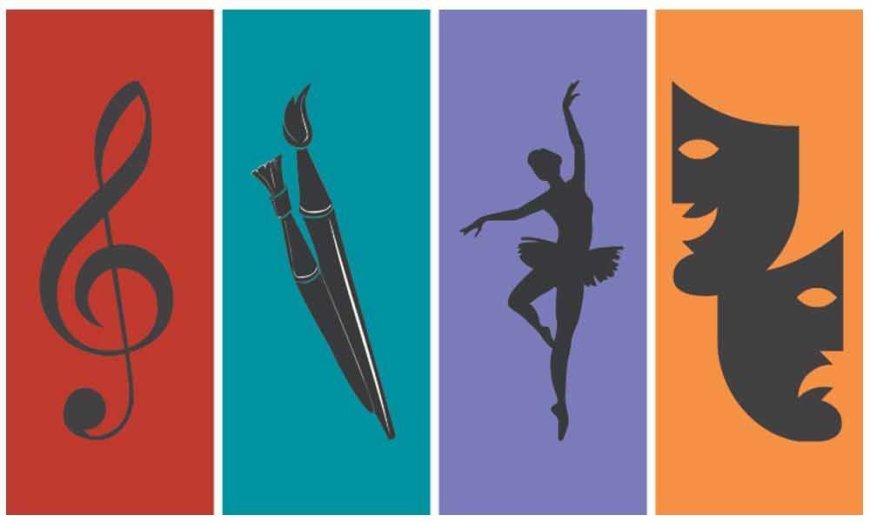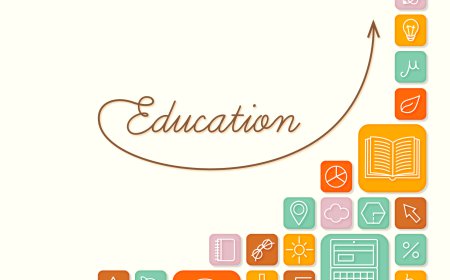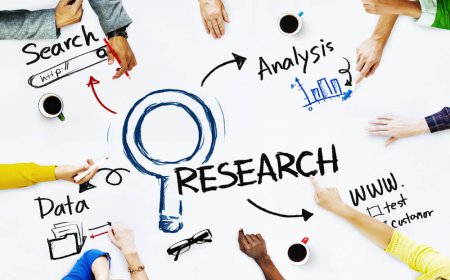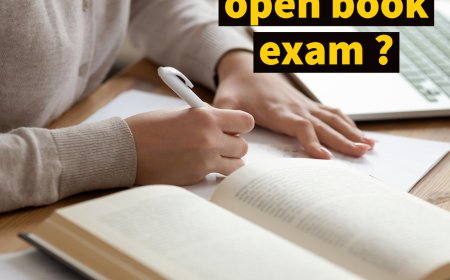Creative Growth: The Power of Arts and Music in Education
Aug 28, 2024 - 12:11

In the dynamic landscape of education, the spotlight is increasingly turning towards the indispensable role of arts and music in shaping well-rounded individuals.
Beyond the textbooks and exams, the infusion of arts and music education emerges as a key ingredient for holistic student development, fostering creativity, emotional intelligence, and a deeper connection with the world.1. Cultivation of Creativity:
Arts and music education provide a canvas for creativity to flourish. Students engaged in painting, music, or drama learn to think outside the box, fostering innovation and original thinking that goes beyond conventional academic subjects.
2. Emotional Intelligence Enhancement:
Expressing oneself through the arts allows students to navigate and understand their emotions. Whether through a brushstroke on canvas or a musical note, this emotional intelligence translates into improved self-awareness, empathy, and interpersonal skills.3. Critical Thinking Skills:
Analyzing artworks or composing music involves critical thinking. Arts and music education stimulate students' analytical minds, encouraging them to evaluate, interpret, and make decisions, skills vital for success in any field.4. Confidence Building:
Performing in front of an audience or showcasing artistic creations instills confidence in students. The positive feedback and encouragement received during arts and music activities contribute to a sense of accomplishment and self-assurance.5. Appreciation for Diversity:
Through exposure to various art forms and musical genres, students develop an appreciation for diversity and different cultures. This exposure fosters open-mindedness and understanding, preparing students for a globalized world.6. Stress Reduction and Well-Being:
Engaging in arts and music provides an outlet for stress relief. Whether strumming a guitar or creating visual art, these activities have therapeutic benefits, promoting mental well-being and resilience.7. Collaboration and Teamwork:
Many artistic endeavors involve collaboration. Whether part of a band, a drama production, or an art class, students learn the value of teamwork, communication, and collective achievement.8. Improved Academic Performance:
Numerous studies indicate a positive correlation between arts and music education and academic success. The skills developed in these creative pursuits, such as focus, discipline, and time management, contribute to overall academic improvement.9. Lifelong Passion and Hobbies:
Arts and music often become lifelong passions and hobbies. Introducing students to these pursuits early on encourages a lifelong love for creativity, offering a source of joy and fulfillment beyond academic or professional pursuits.10. Personal Growth and Identity Formation:
Arts and music education contribute significantly to personal growth and identity formation. Students discover their strengths, preferences, and unique voices, fostering a strong sense of self as they navigate through their academic journey and beyond. In conclusion, the incorporation of arts and music education into the curriculum is not merely an option but a necessity for the holistic development of students. As schools recognize the profound impact of these creative pursuits, they pave the way for nurturing well-rounded individuals equipped with the skills and perspectives needed to thrive in a complex and ever-changing world.Follows Us for More Updates
Like Us on Facebook Page : Click Here
Like Us on Instagram : Click Here




























